Articles Library
Filter by Pillar (select to filter articles)
Search
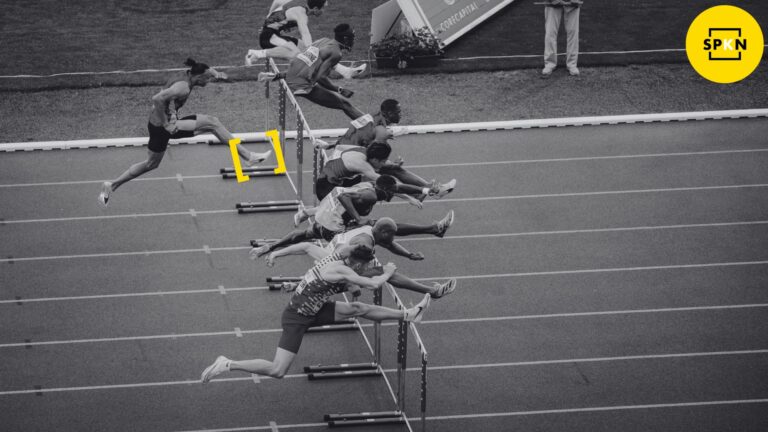
The 2024 Summer Olympic Games in Paris saw thousands of athletes leave without a medal—almost…
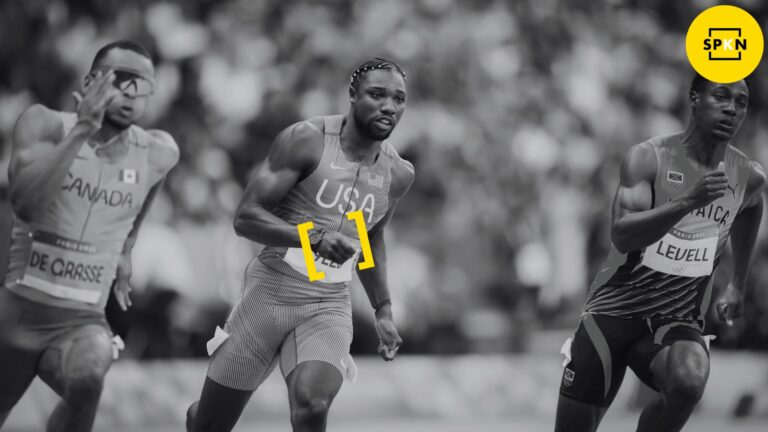
Psychological flexibility, a key construct in Acceptance and Commitment Therapy (ACT), refers to an individual’s…

The Role of SPKN in Advancing Coaching Education As the landscape of youth sports evolves,…
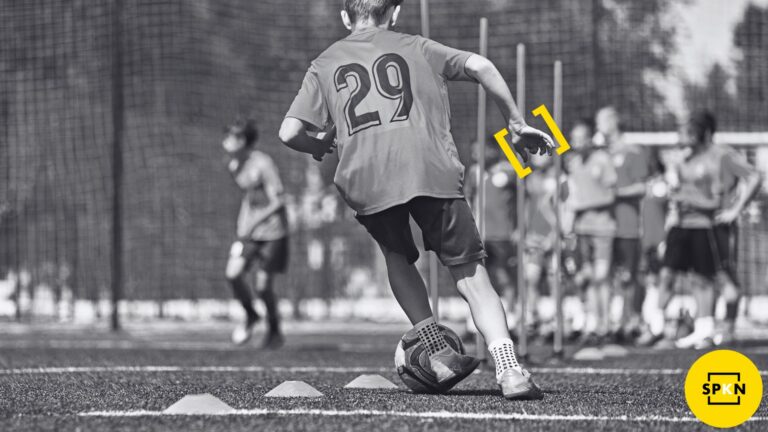
The Evolution of Youth Sports Over time, youth and non-entertainment sports have undergone a significant…
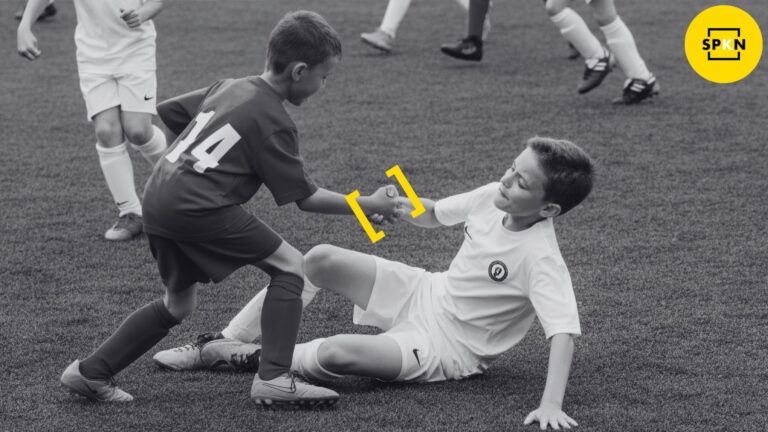
Youth and non-entertainment sports have a rich history rooted in the desire to provide structured…
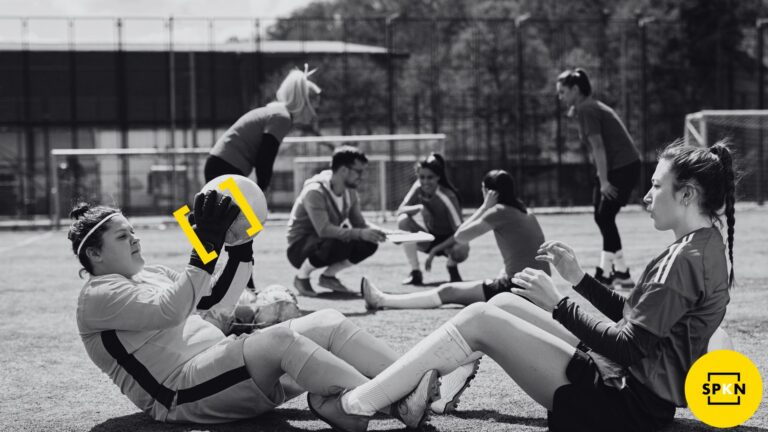
In the high-pressure world of sports, self-control is a crucial trait for both coaches and…
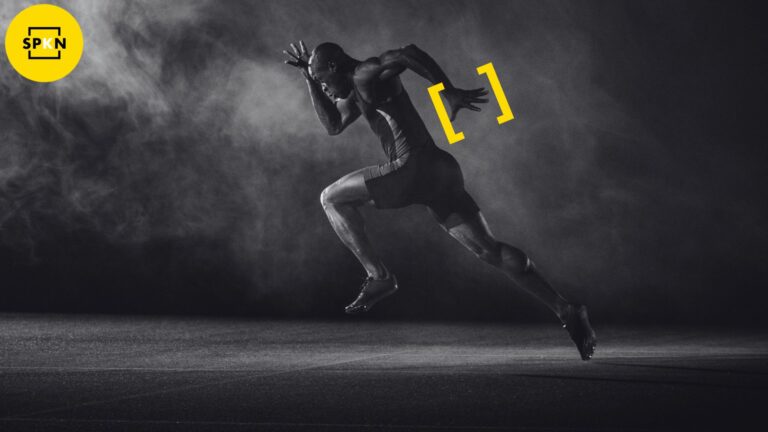
In the fast-paced world of sports, motivation is often the driving force behind success. Yet,…
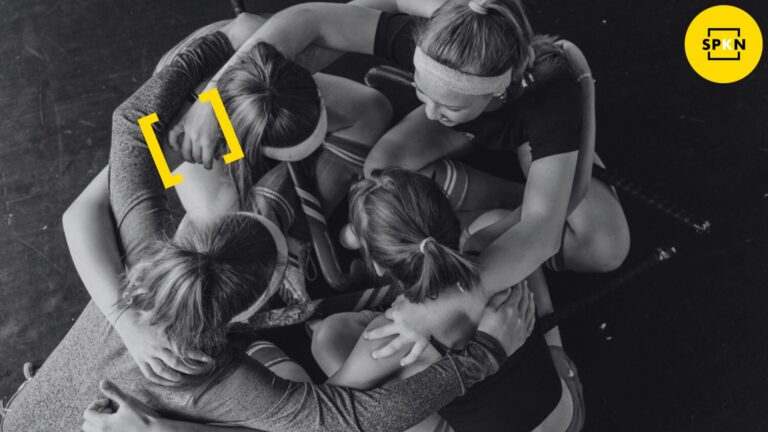
In the world of sports, physical conditioning, tactical strategies, and mental toughness often take center…

Creating a positive team environment is foundational for any sports team’s success. A well-rounded, supportive…
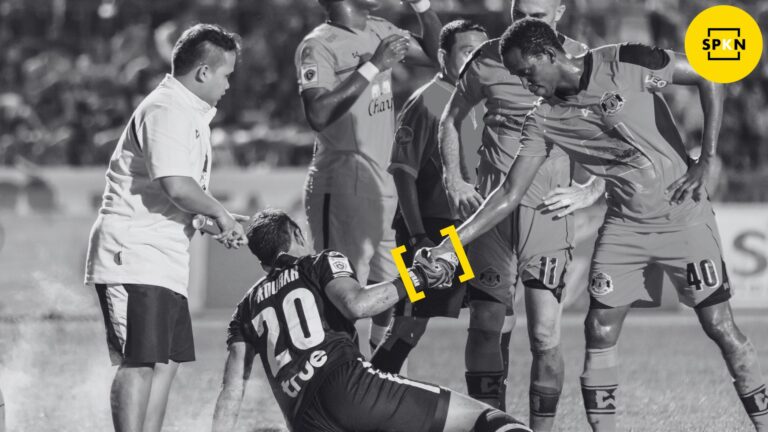
Gratitude in sports is more than just a positive mindset—it’s a powerful tool that boosts…
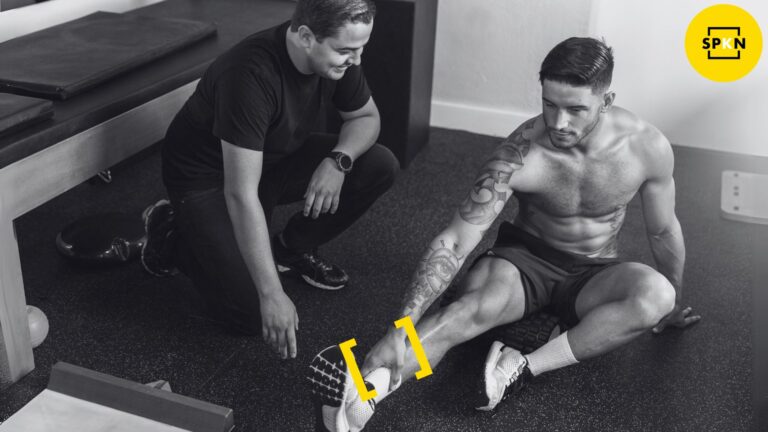
The rehabilitation phase is a critical time in an athlete’s recovery, not only for regaining…
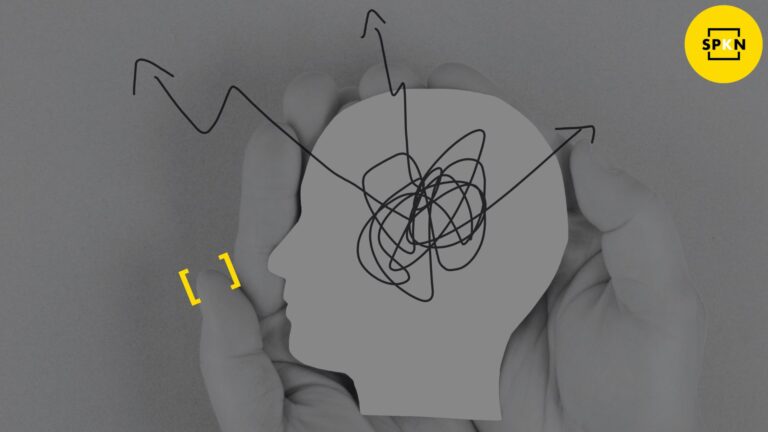
In the high-stakes world of competitive sports, athletes are constantly seeking ways to enhance their…
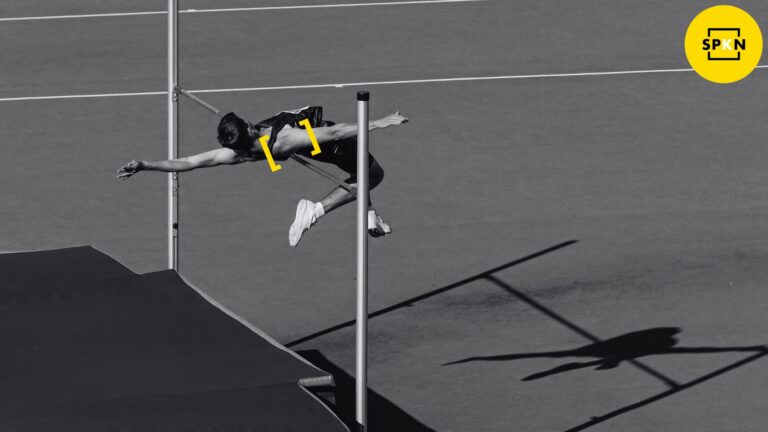
Achieving peak performance in sports is the ultimate goal for any athlete, and as a…
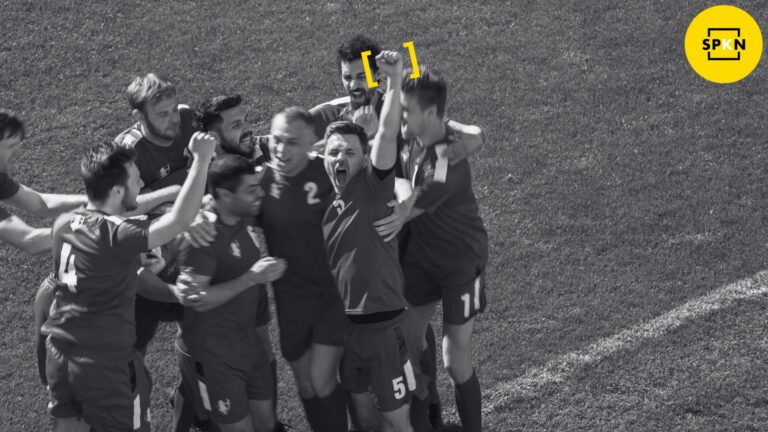
The mental health of athletes is a critical focus for modern sport organizations. However, fostering…

In recent years, mindfulness and meditation have become essential tools for athletes seeking to enhance…
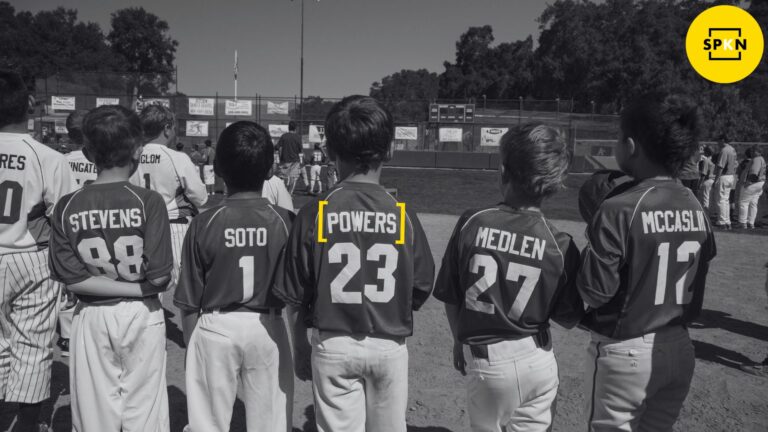
Coaches play a crucial role in the holistic development of athletes, impacting their personal and professional growth in significant ways. By focusing on building positive relationships, fostering a healthy team environment, balancing athletic and personal development, and recognizing the individual needs of athletes, coaches can nurture and positively influence their athletes' identities.

Sport knowledge refers to the comprehensive understanding of the sport, it goes beyond knowing its rules, techniques, strategies, and includes historical context, social influences, and the science infused within it. When coaches possess in-depth knowledge of their sport, they become trusted sources of information and guidance for their athletes. This expertise helps shape the athlete's identity, as they look up to their coach as a role model and mentor.
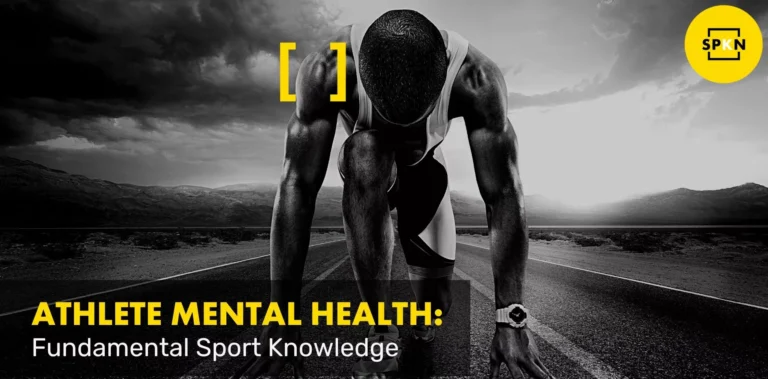
As coaches and sports leaders, the holistic development of our athletes is our primary concern. Mental health plays a crucial role in their overall well-being. This piece aims to shed light on prevalent mental health issues among athletes, emphasizing the unique stressors they encounter.
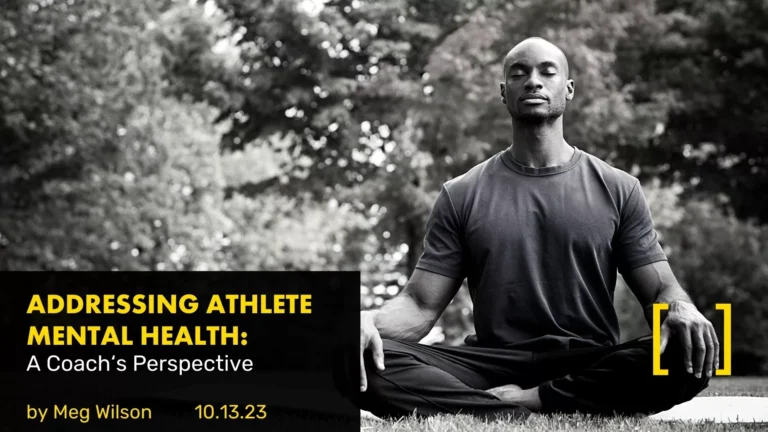
As experienced sport coaches invested in our player’s athletic and personal development, it's crucial for us to recognize the significance of athlete mental health. We train our athletes physically to excel, but what about mentally and emotionally? How can our athletes reach their FULL potential without these being in optimal condition? High-profile athletes have recently brought this issue to the forefront and now it is time to take action.

Volt Athletics' CEO Dan Giuliani talks about the importance of mental health in his own life personally and professionally. Giuliani specifically shares about mental health through the lens of entrepreneuership and how he can see the conversation around mental health in professional settings changing.

The difference between confidence and competence is stark, but not always visible. John O'Sullivan, aided by top performance psychologist Jonah Oliver, breaks down the differences and explores the potential to praise the competence of elite athletes while neutralizing stress, fear, or other performance detriments.